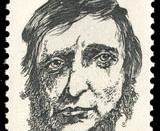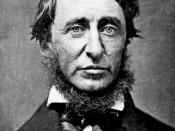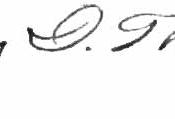Henry David Thoreau, in Civil Disobedience, protests against the interference of the American government in an individual's daily life; he also advocates in this essay the need to prioritize morality and one's conscience over the unjust rules and regulations of the laws. His work "Slavery in Massachusetts" he spoke that Massachusetts's citizens had the legal right to preserve their own moral integrity. He expresses his displeasure and uses hypocrisy to show how the inhabitants of Concord have allowed Anthony Burns to be returned to his owner for slavery. Parallel to Thoreau's ideas is Dr. Martin Luther King Jr.'s Letter from Birmingham Jail that underlies most of Thoreau's ideas against injustices. Thoreau and Dr. King protests against the unjust laws in the world and accentuates the need to make active protestations in order to annihilate these unjust laws. Most importantly, Thoreau and Dr. King adopted the non-violence method to express the use of moral means against the unjust laws.
"I submit that an individual who breaks a law that conscience tells him is unjust, and who willingly accepts the penalty of imprisonment in order to arouse the conscience of the community over its injustice, is in reality expressing the highest respect for law..." (Dr. King). Similarly, Thoreau also expresses that it is more essential to cultivate a respect for the right than a respect for the law:
"Must the citizen ever for a moment, or in the least degree, resign
his conscience to the legislator? Why has every man a conscience, then? I think that we should be men first, and subjects afterward. It is not desirable to cultivate a respect for the law, so much as for the right. The only obligation which I have a right to assume is to do at any time what I think...


